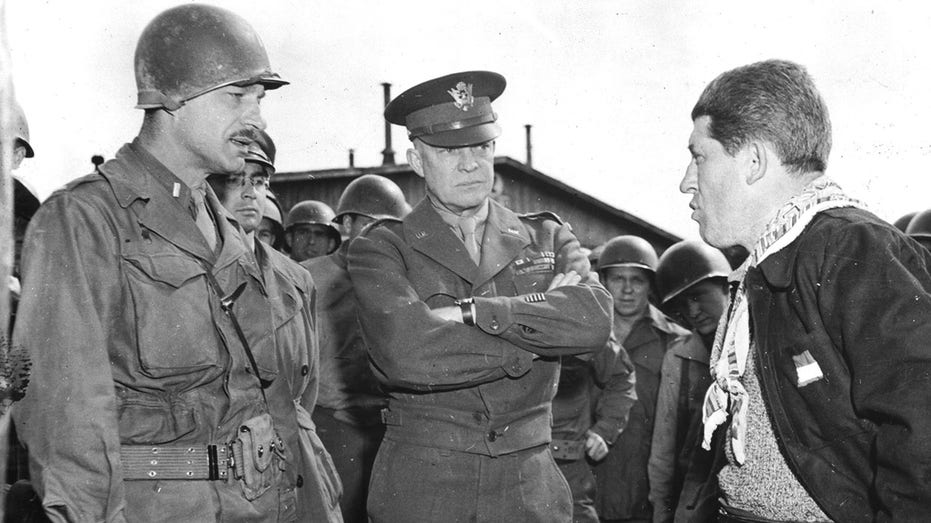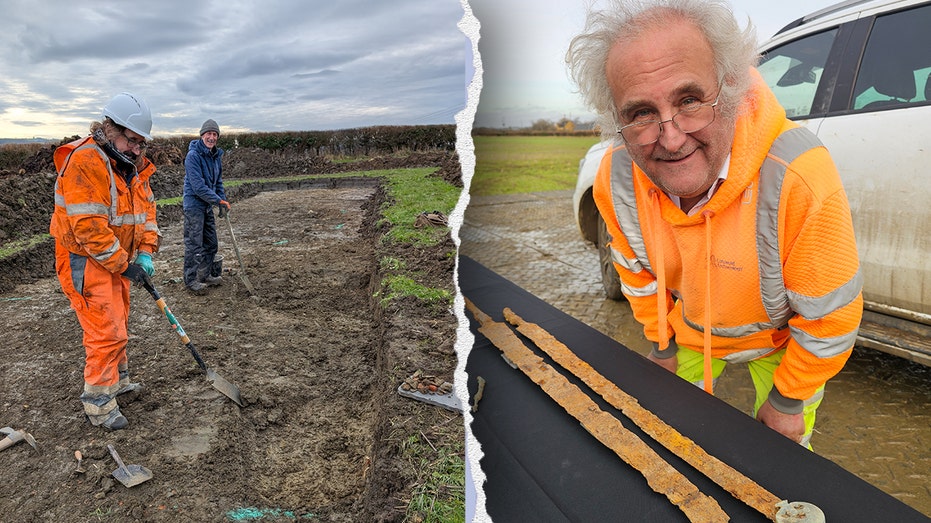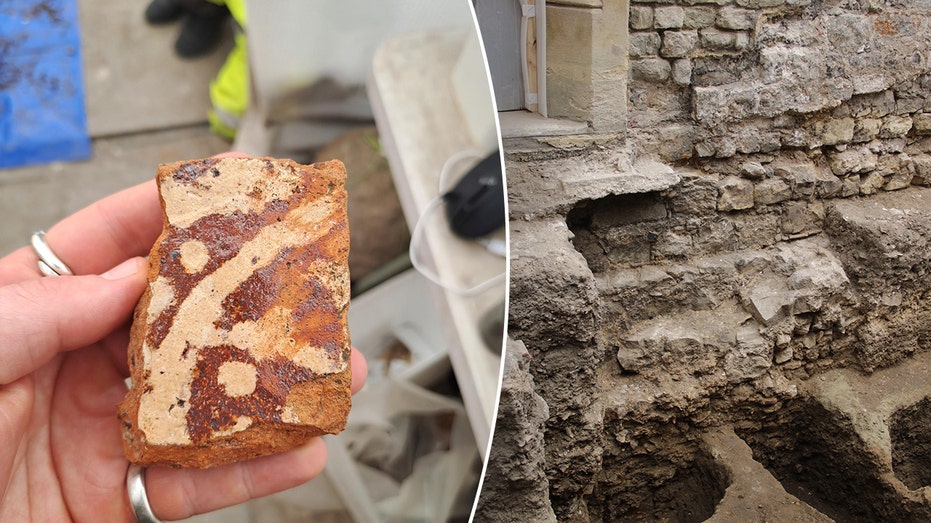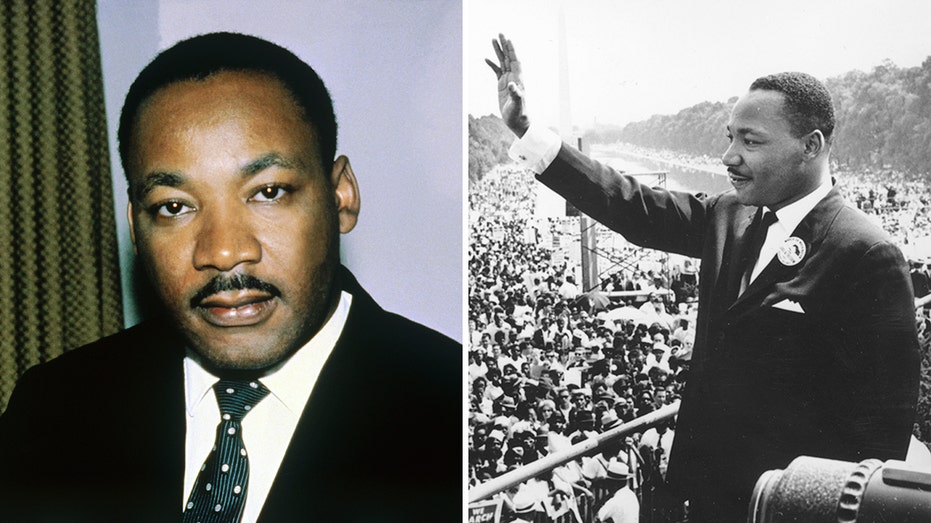Carrying Eisenhower’s Torch: Remembering Nazi Death Camps So the World Never Forgets

Sarah Johnson
April 27, 2025
Brief
Eighty years after WWII, Eisenhower’s efforts to document Holocaust atrocities remain urgent as antisemitism rises and Holocaust knowledge declines, highlighting the need for remembrance and education.
Eighty years ago, Allied forces, led in part by Gen. Dwight D. Eisenhower, liberated a Europe devastated by war. But nothing could have prepared Eisenhower for what he witnessed at Ohrdruf, a Nazi concentration camp and subcamp of Buchenwald. There, among the grim reminders of humanity’s darkest hours—piles of bodies, skeletal survivors, and evidence of unimaginable cruelty—Eisenhower realized the world might one day try to deny it ever happened. So he made a decision: document everything, for the sake of history and truth.
He didn’t stop at bearing witness himself. Eisenhower ordered American troops, Congress members, and international journalists to see the camps and record the atrocities. In a letter to Gen. George Marshall, he wrote that the “visual evidence and the verbal testimony of starvation, cruelty and bestiality were so overpowering” he wanted first-hand proof if anyone ever tried to call it propaganda. Talk about a man who understood the dangers of historical amnesia way before it was trending.
Fast-forward to today, and that fear is looking frighteningly accurate. According to a 2020 survey, 63% of U.S. millennials and Gen Z didn’t know 6 million Jews were murdered in the Holocaust, and nearly half couldn’t name a single concentration camp or ghetto. In an era where misinformation spreads faster than memes, these gaps in knowledge are more than troubling—they’re downright dangerous, especially with antisemitism on the rise.
The numbers back it up: in 2023, the Anti-Defamation League documented 8,873 antisemitic incidents in the U.S.—the highest since tracking began, and a jaw-dropping 140% jump from the year before. That includes assaults, vandalism, and a tidal wave of hate speech online and in public spaces. Sometimes, the present feels like a not-so-funny rerun.
This year marks the 80th anniversary of Auschwitz’s liberation. To honor the past and push back against forgetting, Eisenhower’s great-grandson will participate in the International March of the Living, walking from Auschwitz to Birkenau with Holocaust survivors, Israeli leaders, Oct. 7 attack survivors, and students from around the globe. Their silent march is a loud statement: the memory endures, and the responsibility to bear witness gets passed on.
While Eisenhower is celebrated for his WWII leadership, his presidency also saw unwavering support for the Jewish people. He strengthened Israel’s right to self-defense, aided Jewish refugees, and publicly condemned antisemitism in all its ugly forms. In 1958, dedicating the Jewish Theological Seminary library, he declared, “We must affirm human dignity and decency. For unless we do, civilization itself is in jeopardy.” If only more leaders read their own speeches these days.
The unfortunate truth: Holocaust denial and distortion aren’t just lurking on the fringes—they’re flooding public discourse, especially online and on college campuses. In a world where “never forget” is competing with “never heard of it,” teaching the what and why of the Holocaust has never been more urgent.
We owe it to survivors and victims to confront hate with facts, empathy, and education. “The hope of the world is that wisdom can arrest conflict between brothers,” Eisenhower once said. And that wisdom? It starts with remembering—and refusing to look away, no matter how much time has passed.
Topics
Editor's Comments
Eisenhower had the foresight to say, 'Pics or it didn’t happen' long before that was an internet meme. Imagine if every world leader today felt the same urgency to document—and actually remember—atrocities. Maybe we’d spend less time arguing over history and more time making sure it never repeats.
Like this article? Share it with your friends!
If you find this article interesting, feel free to share it with your friends!
Thank you for your support! Sharing is the greatest encouragement for us.



